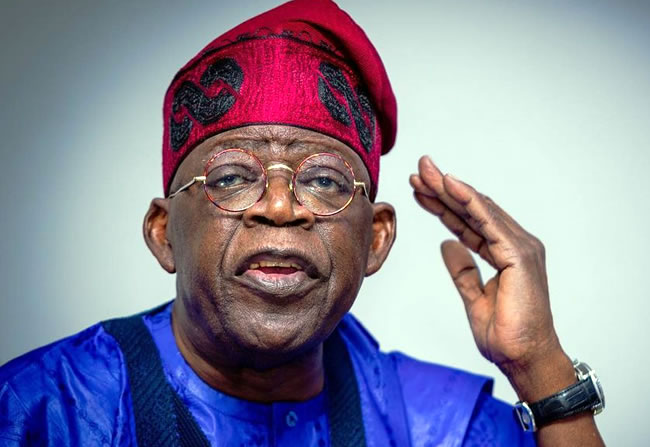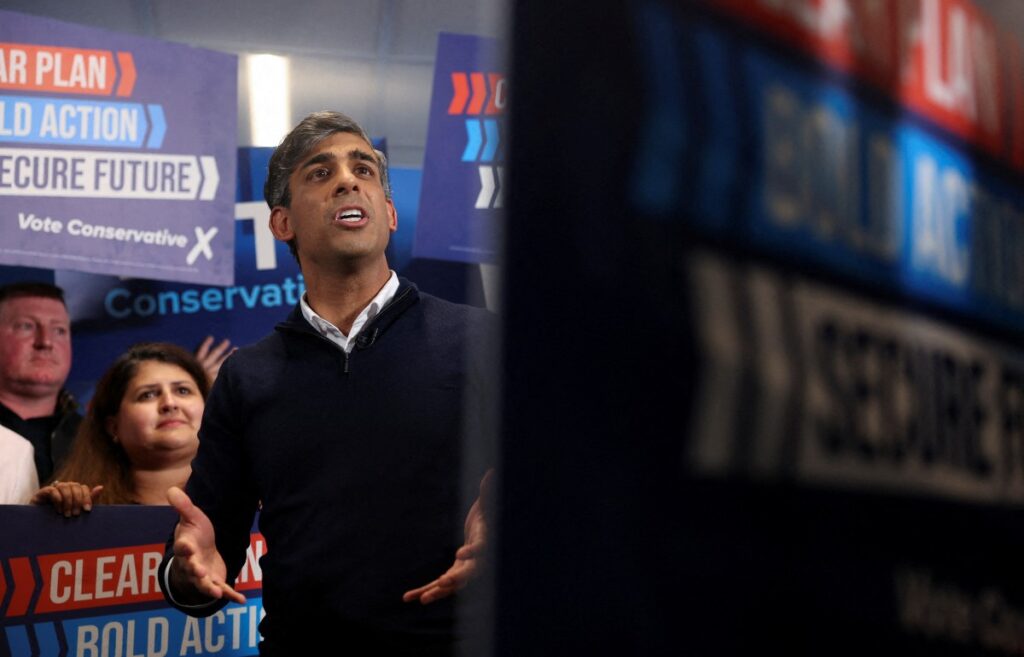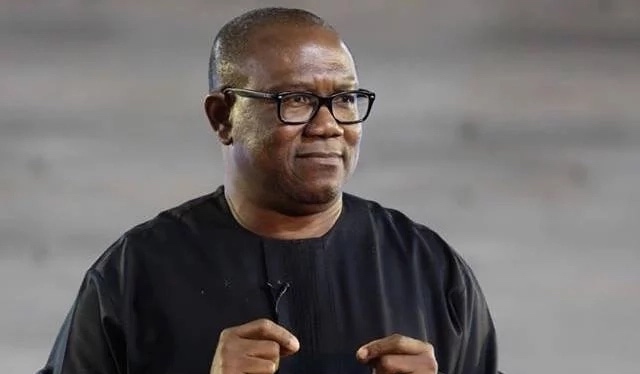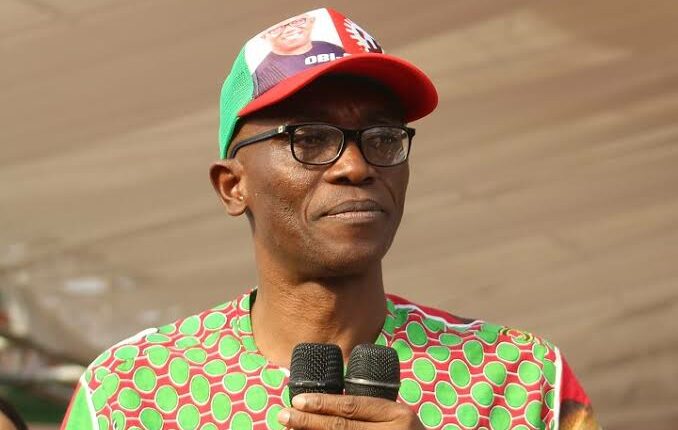
Although the debate on the removal of subsidy has many sides, Nigeria needs to tread a sustainable path and find a lasting solution to the many implications of the removal. KINGSLEY JEREMIAH, in this report, examines the issues.
Nigeria’s premium motor spirit (PMS) subsidy has existed in two forms – the first being the payment of the difference in the actual pump price of PMS, which is arrived at after calculating the landing cost and the extant margins.
The other is the cost of transportation paid on every litre to ensure that the price of PMS is consistent across the country. While the citizens through the government pay for the difference, the transportation component is burned directly by individuals.
The two schemes, which have been a topical debate in the past three decades, have now come to an end with the coming into office of President Tinubu last month. Nigerian Midstream and Downstream Petroleum Regulatory Authority (NMDPRA) announced an end to equalisation and price fixing last week.
The development has forced Nigerians to find their balance and confront this reality amidst high unemployment, ravaging poverty, inflation, dismal purchasing power and an existing energy crisis. While the calls for the removal process to be humane to avoid unbearable shock to the economy is sacrosanct, for decades, Nigeria’s petroleum industry has contributed abysmally to the gross domestic product (GDP) as the contribution in 2022 stood at 5.67 per cent compared to 7.24 per cent in 2021, while the sector, which accounted for close to about 70 per cent of the nation’s total revenue, retains about 41 per cent.
The downstream and midstream sector of the industry all over the world has more prospects and activities, especially if a country like Nigeria can refine its crude. The downstream sector deals with petroleum product refining, storing, marketing and distribution. If done correctly, the sector could be an enabler to other critical industries such as petrochemical, construction, agricultural, industrial sectors, and others. Though it is a vibrant segment and a major revenue earner for most oil-producing countries across the world, the sector has remained in shambles in Nigeria.
Instead of these realities, Nigeria Extractive Industries Transparency Initiative (NEITI) had stated that from 2005 to 2021, the country spent $74.3862 billion, translating to N13.697 trillion on importing PMS alone. Additionally, N10.5 trillion was budgeted for 2022 and the first five months of 2023.
According to the NEITI report, a breakdown of these figures showed that in 2005, the government paid $2.6 billion (N351 billion) as subsidy. In 2006 and 2007, it paid $1.99 billion and $2.176 billion (N257 billion and N272 billion) respectively.
The report further pointed out that subsidy payments more than doubled in 2008 and 2010 and witnessed the highest increase ever in 2011 to $13.52 billion (N2.11 trillion). A sharp decline was witnessed in 2012, 2013, 2014 and 2015 when it dropped to $3.336 billion (N654 billion) in 2012. The decline in subsidy expenditure continued in 2016 and 2017 to as low as $473 million (N154 billion) in 2017.
The reduction was short-lived as the payments skyrocketed to over $3.88 billion (N1.190 trillion) in 2018 and 2021 to $3.575 billion (N1.43 trillion). By these figures, Nigeria spent an average of N805.7 billion yearly, N67.1 billion monthly or N2.2 billion daily.
While subsidy is not bad in itself, economically, there is more sense in infrastructural development, strengthening of local industry and production through subsidy than supporting consumption. Apart from the retarded growth in investment and weak contribution to real GDP that the country has witnessed over the years, regulation and interference of the government in the downstream sector limit the capacity of the industry, make importation of refined products normal and leave a huge economic burden on the country.
These developments persist at a time Nigeria’s economy is struggling and currently inundated with yearly widening budget deficits, rising inflation rate, which has worsened prices of food items and other products, high foreign exchange challenge, an unemployment rate standing at 33.3 per cent, debt burden and a period when is struggling with rising debt profile.
There are implications and consequences for this misalignment. The fact that the country did not know its actual PMS consumption raises dust and pegs question marks on the much-trumpeted commitment of Nigeria to transparency and accountability in the extractive sector.
As the government engages with labour, most stakeholders have insisted that proper planning of the aftermath of subsidy is not only critical for the country but necessary to bring in local and foreign direct investment into the sector.
As the regulator of the downstream and midstream sector, most stakeholders believe that the role of NMDPRA in ensuring a sustainable and less impactful subsidy removal is necessary such that consumers are adequately protected from profiteering marketers and retailers, who may be tampering with their pump to defraud innocent citizens.
As people call for cost-cutting initiatives, especially measures that convey that political officeholders would lose some unsustainable perks, the Authority Chief Executive, Farouk Ahmed, explained that under the liberalised market, market forces are allowed to dictate prices.
He said: “We put the regulation in place, we make sure quality control is complied with, we make sure the product is there and we give licence to a prospective importer. The market is now open for everybody that wants to import as far as they meet all the requirements. So, it is not about the NNPC alone. For everybody in the sector, we make sure we guide their operations whether at the depot or wherever the product is but we will not put a cap to say this is what the price must be. As far as we are concerned in the NMDPRA, this is not like before when the PPPRA fixes the price. In a deregulated market, it is the market force that dictates the price.”

Ahmed explained that the NNPC’s role is to fix the prices of the petrol it imported and not take over the responsibilities of the Authority.
On price fixing by the NNPC, he said: “In the case of the NNPC, the organisation is the sole importer at this point. We told the NNPC to recover its costs because they know how much it cost them to import the product and sell it. Of course, we also know how much shipping, offshore, ex-depot and ex-pump are. But we cannot tell them to sell at a price because the market is deregulated.”
The NMDPRA chief also revealed that the Federal Government has officially scrapped petroleum equalisation as well as the national transport allowance.
He also stated that the NMDPRA and the Federal Competition and Consumer Protection Commission (FCCPC) will mount aggressive monitoring of activities in the downstream sector to prevent profiteering by petroleum marketers.
Ahmed further disclosed that marketers are now free to source their foreign exchange anywhere around the world to import petroleum products and then recover their costs without impediments.
On where the importers will source their forex from, Farouk said: “No. The CBN will not give dollars to anyone because it is an open market. Anyone willing to import should get the dollars from anywhere to import. Anyone willing to open a letter of credit from any part of the world can do that to import. That marketers can source their forex from anywhere is the beauty of the liberalised market that the NMDPRA has introduced based on the provision of the law.”
Chief Executive Officer (CEO) of the Centre for the Promotion of Private Enterprise (CPPE), Dr. Muda Yusuf said the current increase is quite high.
According to him, the shocks on citizens were enormous as well but the pain is the inevitable cost of reforms.
“And we need reforms to prevent the collapse of the economy. Things have to get worse before they get better. It would be painful initially, but it would progressively get better. As the supply side response improves, the prices will moderate,” he stated.
Yusuf wanted the government to urgently put immediate and short-term measures in place to mitigate the pains of the sharp increases in transportation costs on the citizens.
“Food and transportation account for over 50 per cent of the household budget of the poor. Something urgent needs to be done.
“Such measures should focus on reducing the cost of food, provision of cheaper public transportation options, improving power supply to reduce demand for fuel for electricity generators, incentives to promote the use of autogas, reduction in import tariffs for intermediate products for food processing companies, eliminating taxes and levies on all agricultural inputs to boost food production and reduction in import tariffs on mass transit buses, among others.

NNPC PMS pricing should be at least 15 per cent less than the prices of private fuel stations. This is necessary to signal social sensitivity by the government,” he said
While the NMDPRA had committed to managing the legacy issues in the equalisation fund, addressing the challenges of marketers, who have scores to settle with the national company, is important to avoid disruption of supply.
Director, the Institute for Oil, Gas, Energy, Environment and Sustainable Development (OGEES Institute) Afe Babalola University, Prof Damilola Olawuyi, said while the Tinubu administration started with a commendable indication of acting frankly, decisively and promptly on issues of national importance, poor implementation of the subsidy removal would hurt investment climate.
According to him, the pace of announcement must be matched by rapid policy action to cushion the effect of subsidy removal of the poorest of the society, and to ensure that no one is left behind.
“The current overnight price hike and reappearance of fuel queues showed the enormity of preparatory work that should have been done before now by the previous administration, and that must now be urgently done to make the fuel subsidy removal as orderly, sustainable and responsible as possible.
“Failure to do so will adversely impact our investment climate, and may further hurt the prospects of attracting foreign direct investment, and the economy as a whole,” Olawuyi said.
PricewaterhouseCoopers’s Partner, Energy, Utilities, and Resources, Habeeb Jaiyeola, said while subsidy removal is hard, it is a needed decision.
The move, according to him, would make the downstream sector business-friendly and free from regulations that may have held back the sector for years.
“However, this might result in an increase in general product prices due to increased transportation costs.
“To ease this impact, the Federal Government should focus on accelerated infrastructure development to improve multiple transportation options to reduce dependency on personal transporting means. The subsidy removal also comes at a time to enable businesses like the Dangote refinery to operate in a fully deregulated sector. This also helps to further reduce the cost of white products and reduces the impact of subsidy removal.
“Despite the subsidy removal, the NMDPRA needs to continue to monitor the price of the products to ensure reasonable prices are charged by the sector players. The role of the regulator remains extremely important in a fully deregulated sector,” Jaiyeola said













